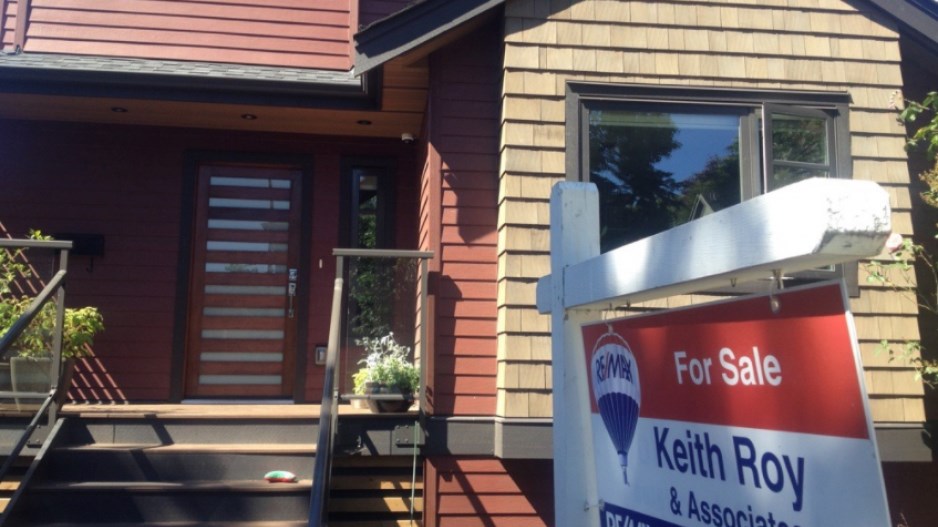Canada Mortgage and Housing Corp. (CMHC) released a housing forecast May 27 that envisioned a nightmare collapse of the housing market with national sales dropping up to 29 per cent, starts plunging by 50-70 per cent and average house prices dropping as much as 18 per cent with no real recovery until 2022.
“Canada will see a historic recession in 2020 with significant falls in indicators of the housing market,” stated the Housing Market Outlook special edition spring 2020.
Bob Dugan, CEO of CMHC, was quick to add the disclaimer that “this housing outlook is subject to unprecedented uncertainty due to the pandemic” during a conference call with media.
The report states that Western Canada will be hit particularly hard due to the Prairie provinces’ reliance on the resource industry and British Columbia’s exposure to the tourism and hospitality sectors, which have been hammered by the global COVID-19 pandemic.
But CMHC’s uncertainty about its forecast is well placed, according to residential industry experts, who say there are early, positive signals that the current downturn could be brief, if brutal.
“We are already seeing inquiries from home buyers up 5 per cent from pre-COVID levels,” said Elton Ash, Western Canada executive vice-president for Re/Max. Ash noted that the high level of housing sales at the start of this year is an indication of coiled demand that will lead to a quicker recovery than most expect. Ash is particularly bullish on Metro Vancouver, noting benchmark home prices increased in April and May, compared with a year earlier, even as sales crashed in the face of the pandemic.
“To see the price drop that CMHC is suggesting is unrealistic,” Ash said. He sees downward price adjustments in B.C. of perhaps 5 per cent to 10 per cent, depending on the region.
“Yes, there has been some economic pain, but not to the extent that CMHC is suggesting,” he said.
Ash added that realtors and consumers have widely embraced the latest technology for virtual home tours, listings and communication, which has allowed many home transactions to proceed.
Brendon Ogmundson, chief economist of the BC Real Estate Association, is also confident that the “resiliency” of home buyers will lead to recovery later this year, following the plunge in housing sales with the arrival of COVID-19.
“We should be happy sales only fell by 50 per cent when you consider this is a global pandemic,” he said. Ogmundson said home prices in B.C. will remain fairly stable because the number of homes for sale has declined nearly 25 per cent because of social distancing. In April, he added, the benchmark provincial home price was 7.8 per cent higher than in April of 2019.
BCREA expects a sales recovery to begin in the second quarter, fed by “super low mortgage rates and pent-up demand,” Ogmundson said,
Ogmundson also noted that the majority of lost jobs are in the lower-end of income levels. “This will have more of an impact on the rental housing market rather than those buying homes,” he suggested.




